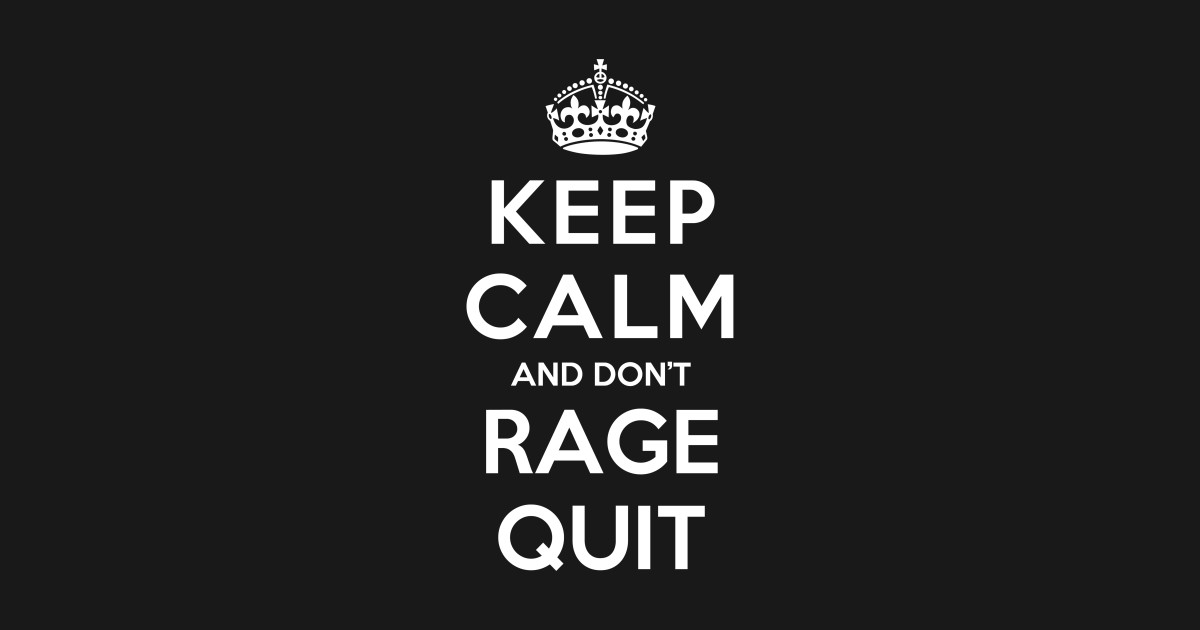There’s something powerful about resignations we see in movies. We see the protagonist slamming down their resignation letter on their supervisor’s desk in a fit of anger. Even if you’re leaving the company on a good note in pursuit of other things (e.g. pursue your studies, passions, or for a new job), or a bad note. Writing a resignation letter is definitely something you’ll have to do once in your lifetime.
Whether you’re leaving a temporary, full-time, or part-time job in Singapore. Follow our resignation guide below:
Reasons to resign politely
When it comes to your career, it is best to take caution and try your best to never jeopardize it. Whether you’re looking to leave your #bestjobever or #worstjobever, a polite and gracious resignation letter allows you to keep a positive image.
1. Prepare a proper exit strategy:

Ideally, the best way to resign would be to pass your resignation letter to HR and leave. Instead of just running away, having an exit strategy will help you move up, or forward in your career. It doesn’t have to be super detailed. An effective exit strategy can be:
-
Find courses/positions that you’d want to pursue after you’ve tendered
-
Consult your family and friends. Alternatively, talk to a supportive colleague
-
Remain calm. Planning your exit strategy can be a triggering time and may cause you to go through an emotional rollercoaster.
-
Plan the dates on your calendar
As long as you have a clear strategy to get you from your current job to where you want to go, you’ll be able to quit the right way.
2. Discuss with your boss:

Set up a meeting with your boss and/or your supervisors to discuss your plans for leaving. This way, you’re not blindsiding your boss with an unexpected situation - and leave them scrambling to find a replacement. Trust us, your boss will appreciate this quick discussion more.
3. Discuss your notice period:

Unless you’re working in a rather large company. I find that most bosses might be unable to let you leave before your month-long notice period is up. Recruiting and training a completely new candidate might take awhile. In fact, you would probably have to be there to conduct a proper handover.
Calmly discuss your notice period with your boss. If you’re already promised to another company, you might need to negotiate a notice period that is comfortable for both you and your organization to adhere to.
4. Cement your leave with a written notice:

Now that your boss is aware, you can make your resignation official with a written letter. Instead of Googling and copying the standard resignation letter like everyone else. Take the time to craft your own letter. Some steps you can take note of include:
-
Thank them: It is likely that the organization has helped you grow your skill sets. Or connect you with other important people within your industry. A simple thank you will make your resignation seem a lot more heartfelt.
-
Reflect on both your personal and career growth: To show your appreciation for the company, you might need to include a short snippet describing your personal and career growth within the organization.
-
The tone is everything: Keeping a friendly tone is important. Alternatively, if you prefer, keeping a neutral and slightly more professional tone might be beneficial. Don’t forget to keep your sentences shorter.
-
Inform them of how you can still help: No matter how badly you dislike your job and your responsibilities, it is almost impossible to just “drop out” of your career. It is always good form to extend a helping hand during the company’s transition period. That way, even if your boss and/or supervisors do not accept your help, they’ll still feel grateful for your offer.
-
Refrain from taking passive-aggressive shots: Even if you’re resigning because of bad working conditions. Be the bigger person and refrain from taking passive-aggressive shots of your working conditions and boss in the resignation letter.
Writing, in general, can be particularly tough to some. Whilst it is a lot easier to just Google to look for a resignation letter template, to adapt your letter from.
5. Keep. Calm.

As a highly emotional individual, I know how hard it is to keep calm in extremely stressful situations. But never lash out! Even if it is the #worstjobofyourlife. Some of you might find resigning to be a stressful event. Maybe you’re close #bffs with your boss and you don’t want to offend them.
But don’t worry. Resignations are not meant to be taken personally. Your bosses are people too. And just like everyone else in the team, they’ve resigned from jobs in the past too. It’s a normal part of working life.
6. Be assertive:

Recruiting and training a new employee is tough work. It is likely that your boss will try and goad you into staying with the company. If you’re resigning because you were looked over for a raise or a promotion - you might want to take the time to discuss what your needs are in order to stay in the organization.
At the end of the day, it’s important to remember that quitting your job is not wrong. Take the time to plan and execute your exit strategy. Resigning without burning bridges is always the best way to go. That way, it won’t be able to bite you in your back if you need to apply for a new job in the near future.
Did you find this article useful? Let us know in the comments section below!
Read More: 5 Reasons to Apply for a Job Through a Job Recruitment Agency
